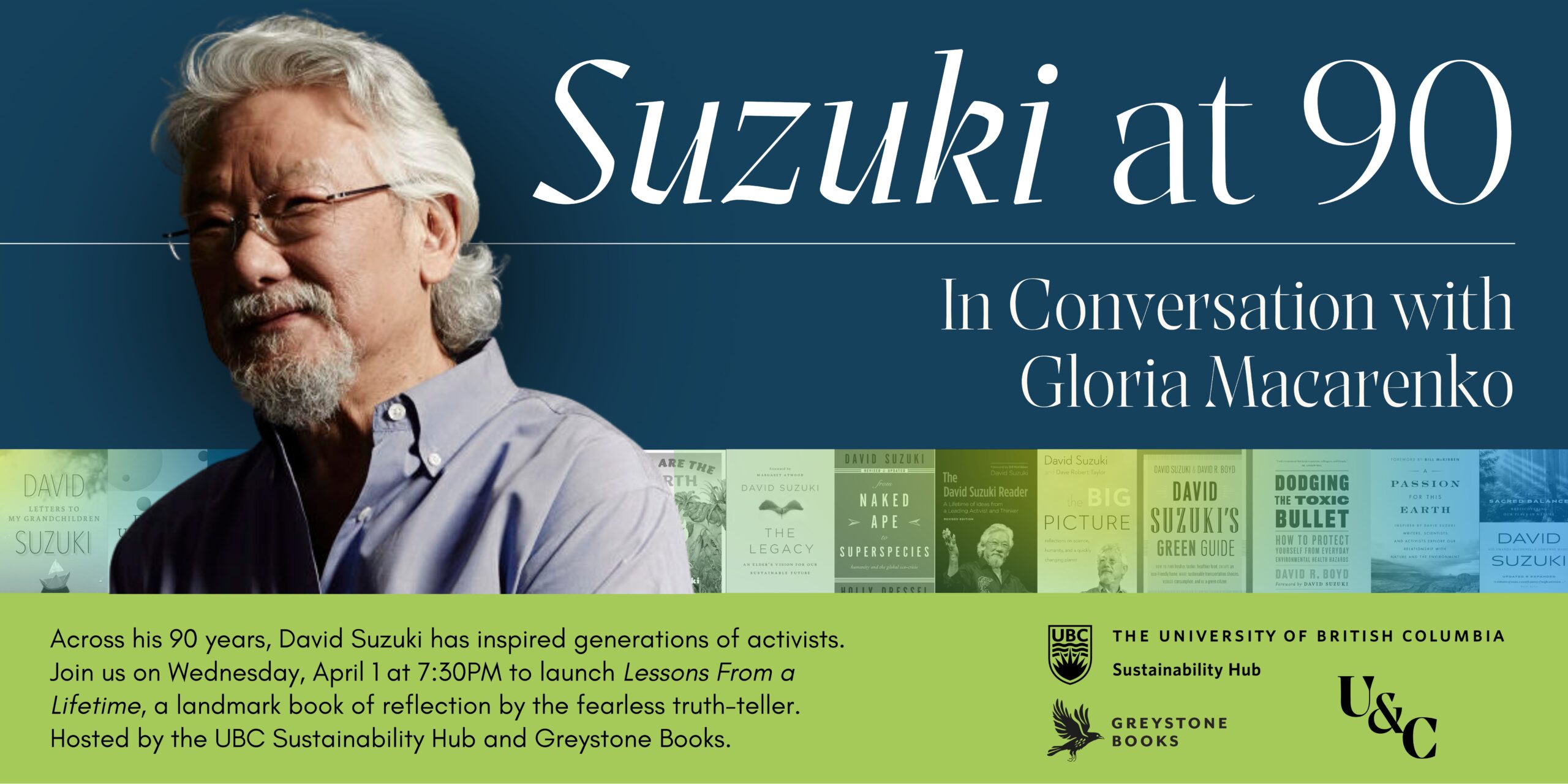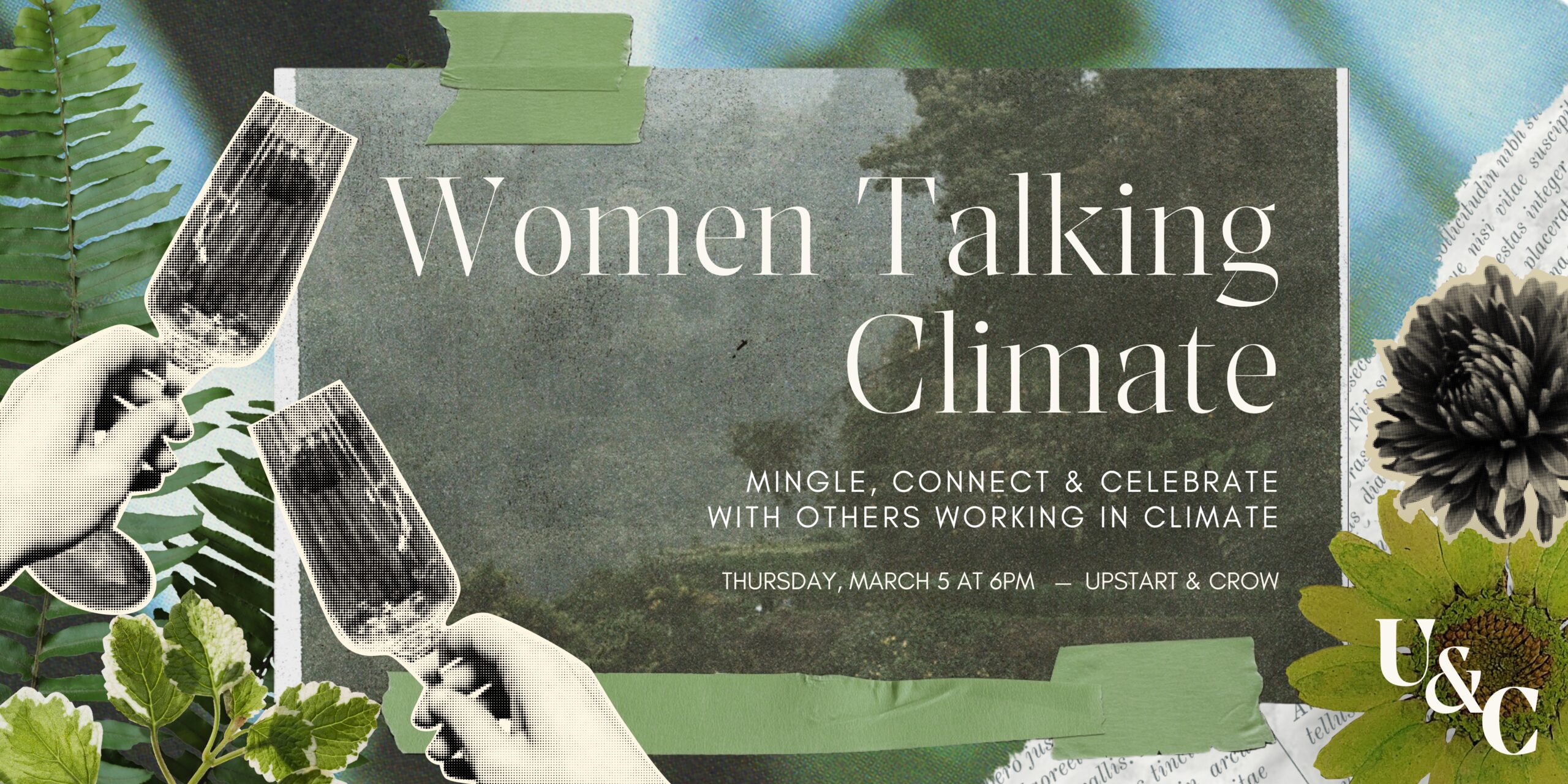Climate Writer Residencies
Paid writing opportunities for expansive climate writing.
A paid, month-long residency to support an original, literary non-fiction or fiction text that offers unique, enchanting ways for people to think about our relationship between each other and the natural world, and to support tangible solutions. Writers will be selected by a jury to explore ideas relating to:
- Climate and Class: The false opposition of environment and economy may have been disproven time and again, but it remains a core narrative in Canada, the US and beyond. While climate change disproportionately affects working class populations, the vast majority of climate discourse in the 21st century is written from a middle-class perspective. What are the new narratives and stories that prioritize discussions about our relationships with nature from an underheard population?
- Bioregional Possibility: For many years now, scholars and activists and systems thinkers (and at least some philanthropists) have advocated for bioregionalism as a way to both reset human relationships with nature, and to reframe our social and economic systems around abundance, regeneration and equity. This concept has rarely been explored through narrative; we seek to expand our understanding of what bioregionalism can mean, for individuals and communities.
- Nature and Ability: The concept of “conquering” nature or, at the least, of showing physical prowess through endurance of nature, has been a primary mode through which Western societies have engaged with the natural world for decades. This category explores a more different relationship with the natural world: one which exists with physical disability, with aging bodies, with imperfect forms. In doing so, we can change the lens through which we see not only the natural world, but ourselves.
- Race and Ecological Justice: Though climate crisis is global, its impacts are profoundly uneven. Rooted in legacies of colonialism, genocide, forced displacement, and extractive economies, our most vulnerable communities often face the most devastating consequences. This category calls for narratives that confront necroecology to examine not only how environment is weaponized, but how we might imagine radically different futures.

